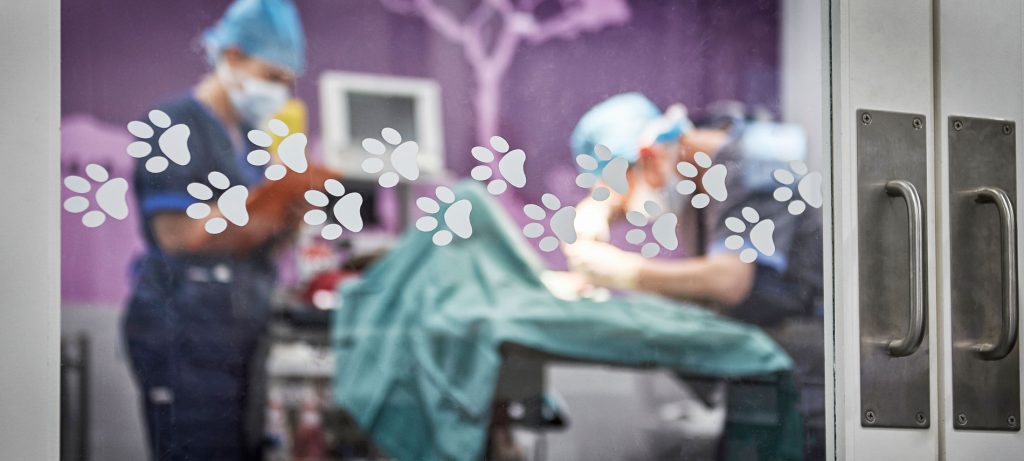The second opinions we see for older dogs that are compromised with their respiration fall into five categories:
1. They were never advised at desexing about BOAS and their options.
2. They were advised at desexing that there were no concerns (but this advice proved to be incorrect). We see this occur very commonly in our clinic when we correct airways of older dogs, who unfortunately are not going to get as good a long term result than if they had been done at desexing.
3. They had their palate done at 6 months at desexing, but not enough was removed.
4. Laryngeal saccules were missed or palates were thick but not thinned at the time.
5. Everything was done well but they have caudal aberrant turbinates, or hypoplastic tracheas, but were not offered diagnosis of these concerns at the time of surgery.
6. They never had their stenotic nares addressed. Stenotic nares are a fairly basic procedure and many surgeons recommend widening them at desexing. We unfortunately however see many cases that have had this done, but have not had the more important aspects of airway anatomy corrected – palates and saccules. So if your vet has done the nares, but suggested there are no other problems, it is possible you have been incorrectly advised.


